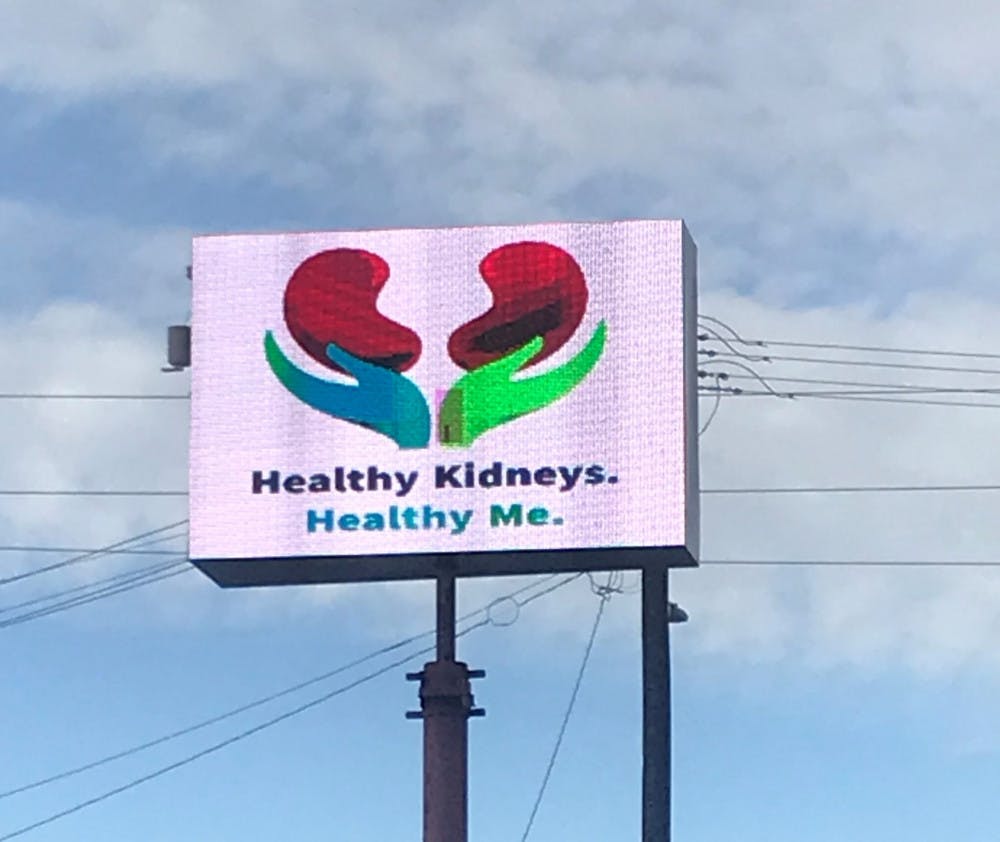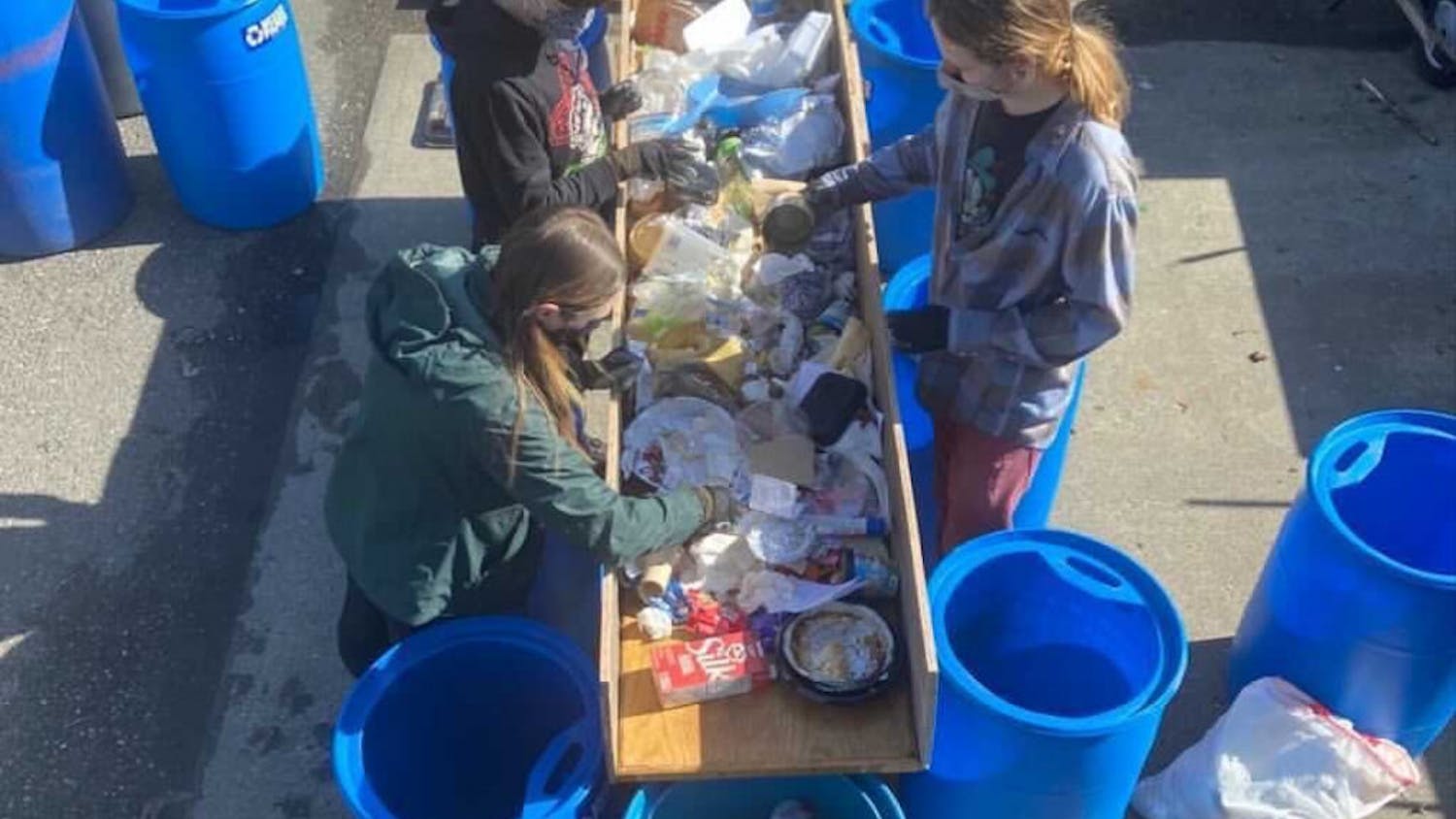
The Mount Baker Foundation launched its kidney health awareness initiative on March 1 to coincide with National Kidney Month.
The initiative is intended to inform the general public and health providers about the “silent pandemic” that is chronic kidney disease.
“Our efforts to date have included street banners downtown and in Fairhaven, WTA bus signs, billboards, and reader boards, numerous presentations to community organizations and groups such as the League of Women Voters, Rotary, and the YMCA,” Mount Baker Foundation Executive Director Debbie Ahl said.
The foundation has also published brochures, bookmarks and stickers in both English and Spanish to reach out to the community.
“This is an ongoing initiative, so the Mount Baker Foundation will be adding events and collaborations going forward,” Mount Baker Foundation volunteer Micki Jackson said.
As COVID-19 vaccines roll out across the state, The Mount Baker Foundation is planning to host kidney health awareness workshops on college campuses.
“I would envision having a presentation about how kidneys work and how kidney disease impacts individuals and society as a whole, followed by an open discussion to be sure everyone’s questions and concerns were answered,” Dr. William E. Lombard, a nephrologist said.
Lombard is also a director and former president of the Mount Baker Foundation. A talk with Lombard is available where he speaks to an array of groups regarding kidney health.
“Though [chronic kidney disease] is more prevalent in older age groups, at the Mount Baker Nephrology office, we would usually be referred five to 10 Western students per year with active kidney disease, some very serious, others not,” Lombard said. “Kidney disease occurring in college-age students is more often the result of active, aggressive kidney disease that requires timely treatment.”
Though chronic kidney disease mostly affects people over the age of 60, college students are also at risk for the disease.
“Current estimates are that 15%, or 37 million, US adults have chronic kidney disease, and only 1 in 10 know they have it,” Dr. Lombard said.
“There was not adequate information brought to my attention regarding my kidney health,” said Jenna Chaffeur, a volunteer for the Mount Baker Foundation. “I think there is a lot of work to be done to get young people informed about how the decisions they make affect their kidney health long term.”
According to the Mount Baker Foundation website, primary risk factors that can cause kidney failure include:
- Diabetes
- High blood pressure
- Family history of chronic kidney disease
- People over the age of 60
- People with heart disease
The foundation also states that Black Americans, Hispanic Americans and Native Americans are at higher risk.
“Because kidney disease is often ‘silent’ or minimally symptomatic until it has progressed to a point where treatment is unlikely to help, testing those at risk is crucial to detect early, treat early and reduce the number of patients requiring dialysis or a transplant to stay alive,” Lombard said.
“If young people knew that chronic kidney disease is not curable, as individuals they can make better lifestyle choices that benefit not only themselves but they can help create positive social change for the greater society,” Jackson said.
Later in the initiative, the Mount Baker Foundation will focus on living organ donation. This is the best possible route for people with end-stage renal disease, a much better quality of life than on dialysis.
“We are very excited to be offering one of our first truly public-facing campaigns regarding kidney health. But this is just the start, we will continue to expand our efforts, and our initiatives,” Ahl said.
Jake Isomis a city life reporter for The Front and a third-year visual journalism pre-major at Western Washington University. His work focuses on health and wellness within local communities. You can contact him atjakeisom.thefront@gmail.com.





